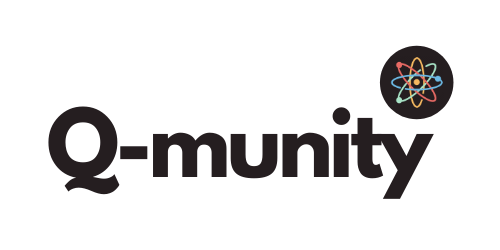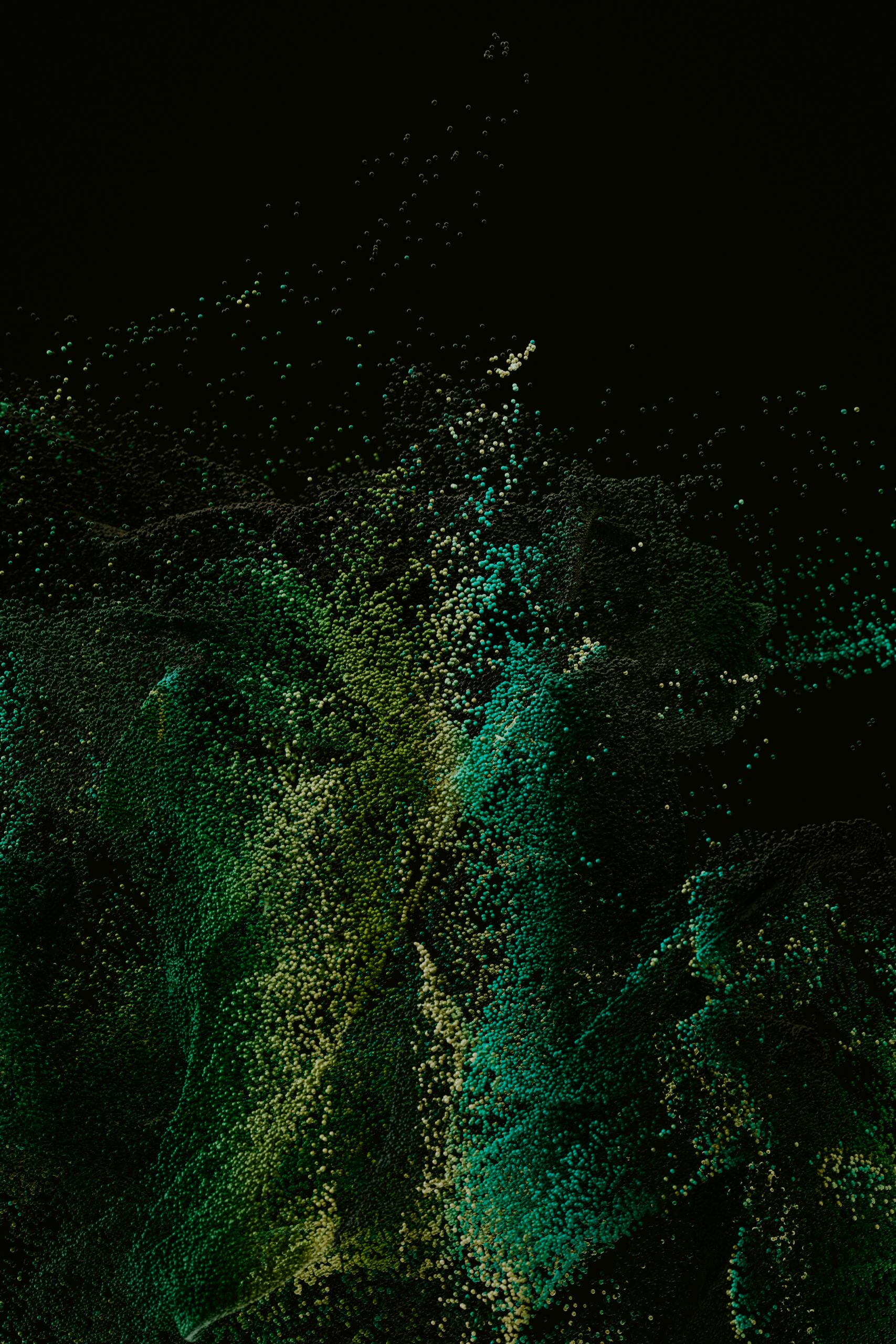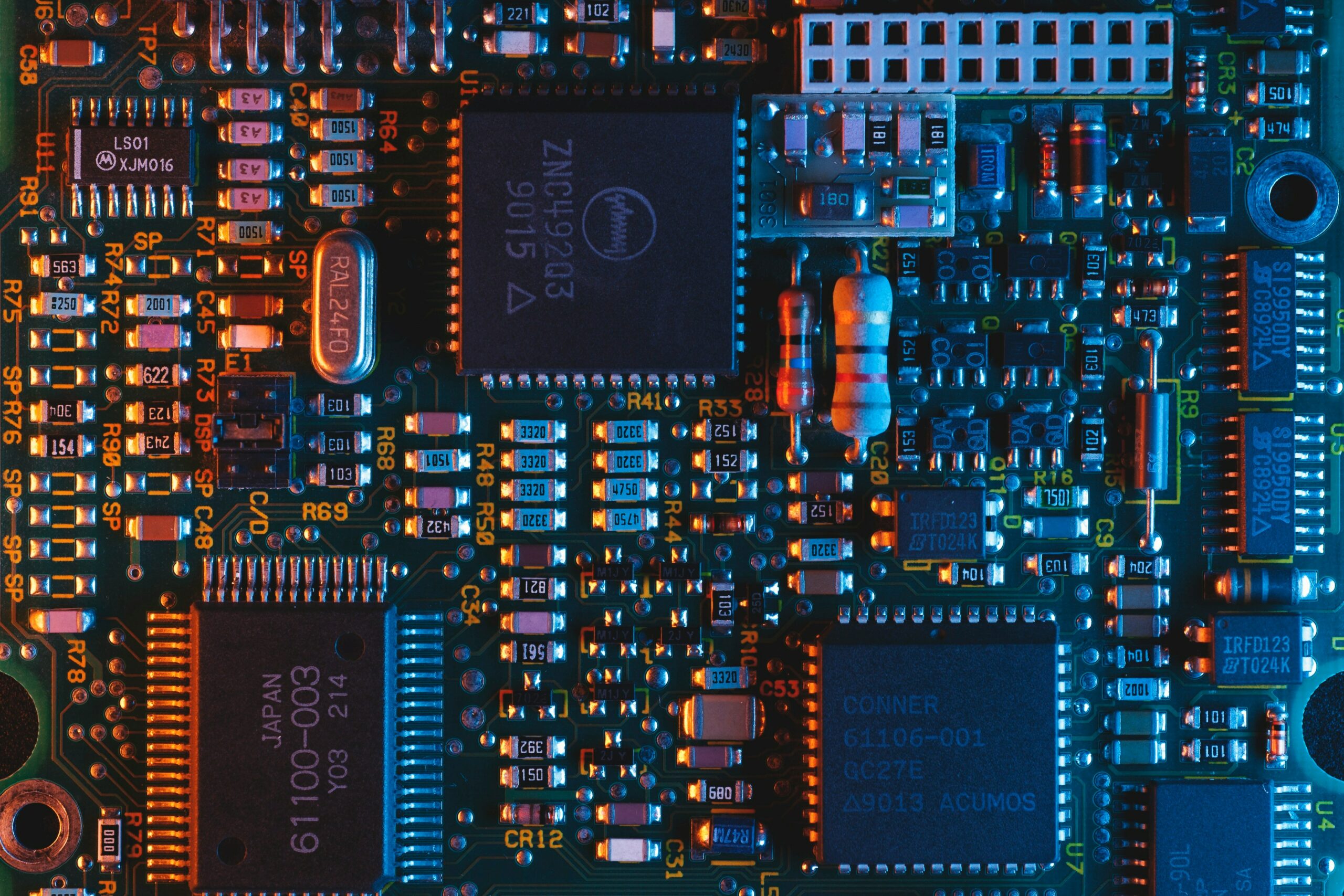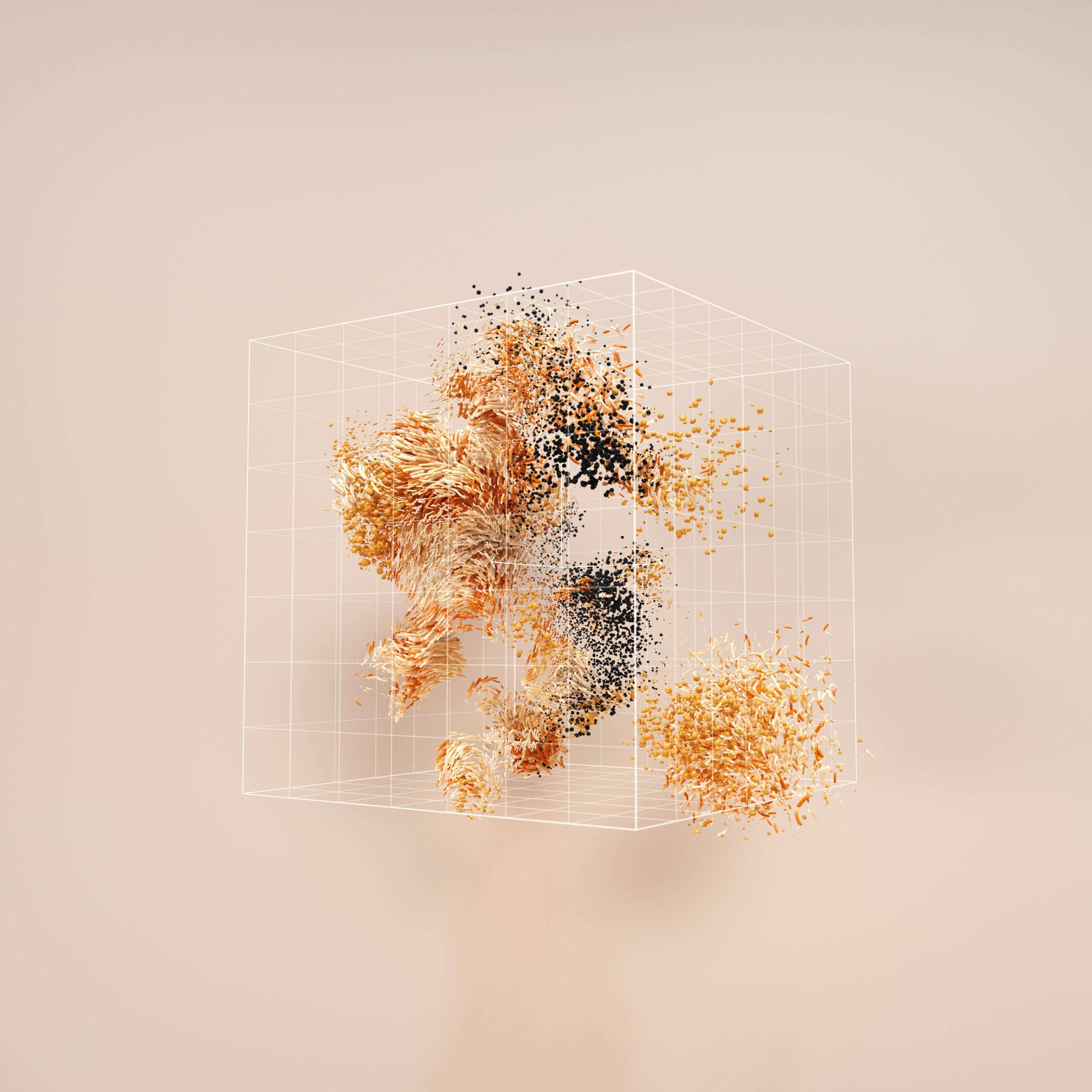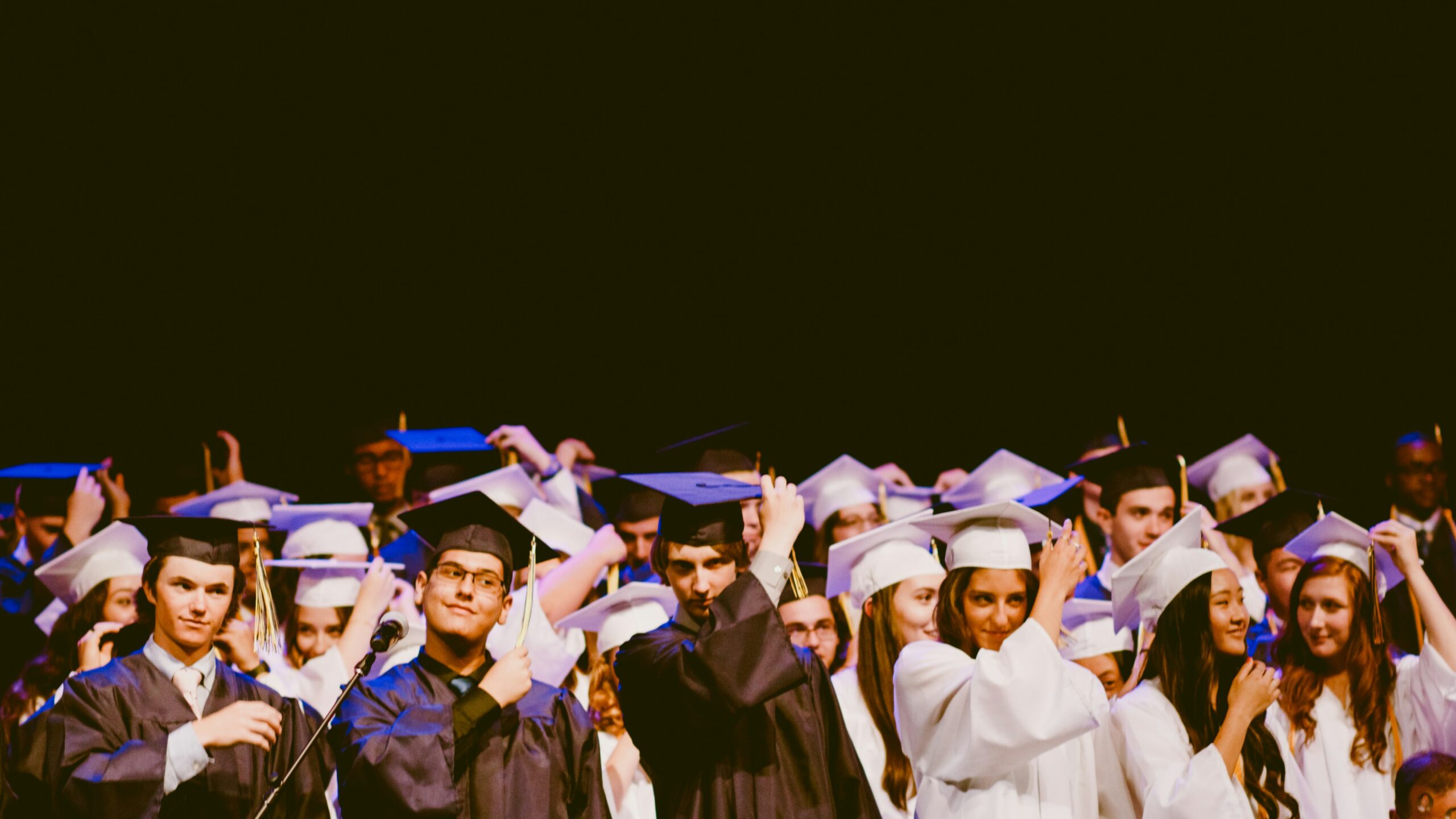Q-munity has gotten the incredible opportunity to interview Stephen Wolfgang Haas, a theoretical physicist and professor at the USC Center for Quantum Information Science and Technology in the University of Southern California. Haas has been studying research topics in depth such as quantum magnetism, superconductivity, and adaptive quantum design. Haas goes through intricate physics topics and numerical systems to complete his work, and he is a great professor according to prior students.
As a theorist, what does a day in the life of work look like for you?
Besides teaching, most of my day consists of one-hour project meetings, group meetings and administrative meetings – currently mostly on zoom. The class I am teaching is a calculus based introductory electromagnetism course. It’s lots of fun, especially since we are back in person, and I therefore can do hands-on demonstrations during the lecture. The research project meetings are typically with 2 graduate students and a senior collaborator, such as a postdoc. I think that it is more effective to work in a small team because a diverse set of viewpoints and skill sets is helpful when one gets stuck with a problem. The administrative meetings are due to the fact that I am currently chairing our department. They are mostly about keeping the research and teaching operations running. The most exciting part of this is the recruitment of new faculty and graduate students.
What research projects are you currently working on?
My overall research interests are in quantum collective phenomena. A typical example for this is superconductivity. While this may be considered a mature field by some, there are many new quantum materials which have a superconducting phase whose origin may not be trivial, For example, it matt be rooted in the interaction between the charge carriers and the lattice degrees of freedom, but more exotic mechanisms may also involve spin degrees of freedom as well as composite states of charge and light.
More specifically, I have recently worked on superconductivity in dichalcogenides, a class of materials that share properties with graphene. I have also worked on superconductivity in quasicrystals, which are interesting because many of their properties fall in between those of regular solids and disordered glasses. I am also collaborating with experimental groups on the crossover between superconducting and Bose Einstein phases.
In a second set of projects, I am interested in collective states in topological materials. These materials are interesting because while they are insulators in their bulk, they are conductors on their surface. This feature is inherited by the collective states that can form, for example plasmons, which are composite states of light and electrons. So, topological materials can light up on their boundaries when they are hit by light of certain colors.
What are your favorite parts about being a quantum professor?
Generally, I love working on research with graduate and undergraduate students. The most rewarding part of my job is helping them become creative and independent scientists. Quantum many-body phenomena are super-interesting to me because their origin is more elusive by nature than classical physics. Furthermore they have a great potential for new devices, both for computing and electro-optical engineering.
How did you get where you are now? (Education, mentors, etc.)
I did my undergraduate studies in Berlin, graduate studies in Florida, and postdoc years in Zurich. I am very grateful to my PhD and postdoc mentors. Becoming an independent researcher is mostly a kind of apprenticeship. You learn it by doing and by interacting with skilled and charismatic mentors. Getting a faculty position at a major research university requires lots of hard work, and also lots of luck. You have to work in a field that is of interest at the time when you are on the job market, and you compete with many very talented peers. It’s the most awesome job though.
Is there someone who motivated you to start independent research projects on quantum related topics?
I have been working on quantum topics since my PhD thesis work. I have been attracted by the mathematical and computational challenge as well as by the rich phenomenology which these systems have. When I started out in the field, quantum computing wasn’t a thing yet, but of course it has become a major driving force behind this sort of research. But don’t forget that also materials with non-classical phases and the opportunity of designing a new generation of quantum devices are major motivators.
What do you feel is most important in terms of building a foundation to start quantum research?
Number one is of course a bunch of good classes in quantum mechanics. Besides the traditional topics, however, one should also learn about research relevant issues, such as measurement effects and how quantum systems interact with their (thermal) environment. Another fun opportunity is to play with nascent quantum computing technology that is now available to everyone, at least in some form, such as the IBM quantum computer. From a mathematical point of view, one should have a solid understanding of linear algebra and symmetries.
What are the biggest differences between a career as an experimental or theoretical physicist?
As a theorist, I don’t have a lab. Instead, I make and play with models. So, I am allowed to ask more general questions and play with models that may be abstract and not completely realistic from an experimentalist’s perspective. But besides these differences, I believe that fundamentally all physicists are trying to understand how nature works. In terms of day-to-day work, I don’t need to think much about equipment and I can basically work from everywhere as long as there is an internet connection. Also, to some degree theory projects can be a little “safer”, as they don’t depend on equipment etc.
What do you hope your research will contribute to in the quantum field?
I want to uncover new quantum phenomena and understand long-standing questions. For example, the effects of disorder and interactions in quantum systems are very rich and largely unexplained. Currently, one of the biggest technological challenges is how to control and minimize the effects of thermal decoherence in quantum systems. This is very important to make large scale quantum computing a reality. I am personally also very interested in phase transitions in quantum systems. While there is a pretty solid understanding on how they occur in equilibrium, this cannot be said about systems that are driven and/or dissipative.
What role does theory play in the emerging field of quantum computing?
Theory plays a very important role, as it guides the development of quantum technology . Furthermore, a theorist is allowed to play with concepts beyond practical applications. This foundational research is essential for the discovery of new phenomena which would easily be overlooked if we only have immediate applications in mind.
What excites you most about quantum computing/physics?
I like that this field challenges me intellectually, and that I have tools at my hands to make meaningful contributions to it. Quantum computing is most likely a major technology of the future. It’s only in its infancy now. So, it’s exciting to work on it at a time when there are still a lot of discoveries to be made.
What are your thoughts on the true meaning of physics?
People are driven to science for different reasons. I think that it is a privilege that our society allows us to spend time figuring out how nature works. These insights about the structure of nature bring clarity about our universe and our role in it.
Any advice for those starting to recognize the difficulties behind quantum physics & quantum theories?
Challenge yourself, and dive as deeply into the mathematical formalism as you can. Don’t skip the basics though, and keep your eye on the phenomena you would like to understand.
